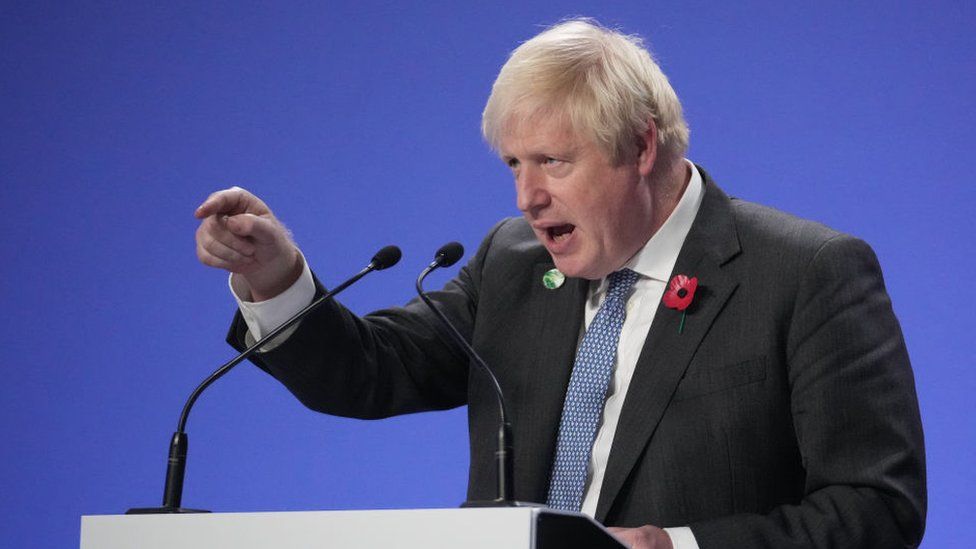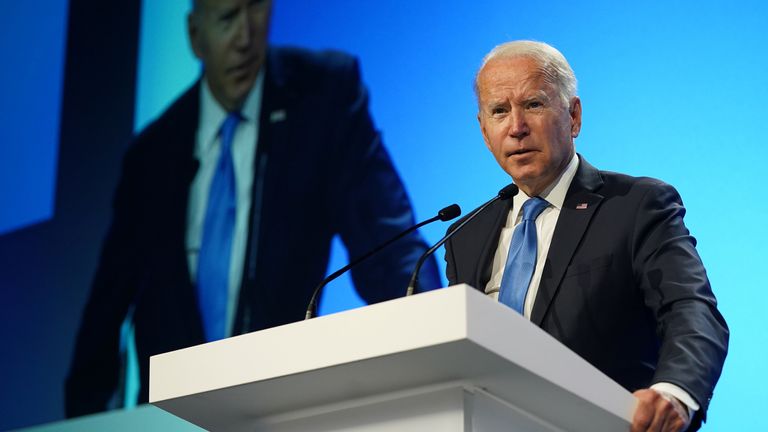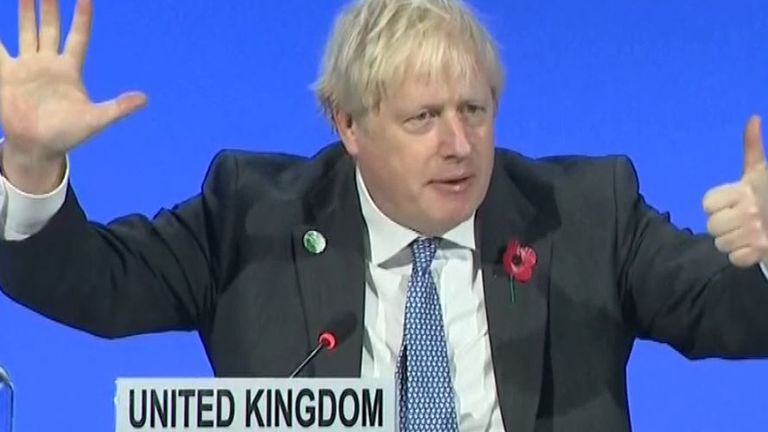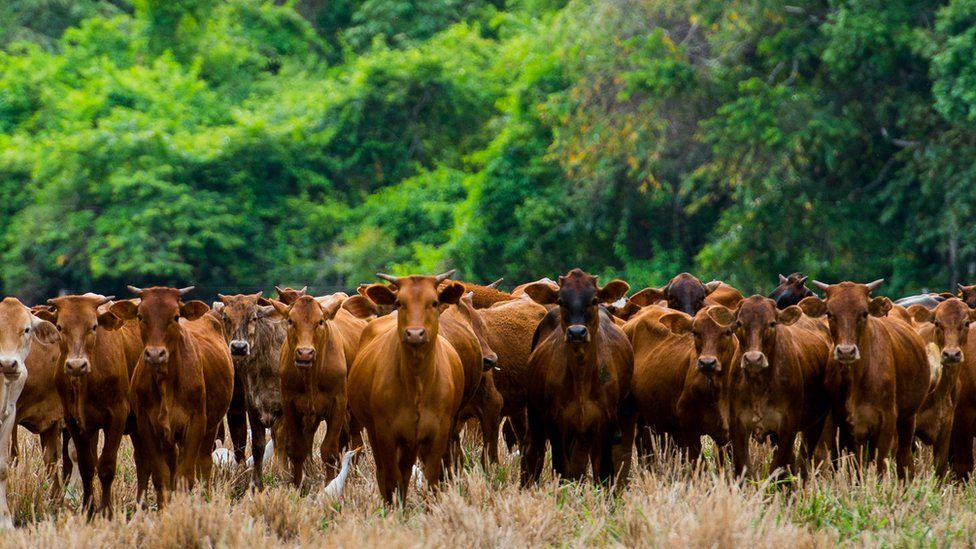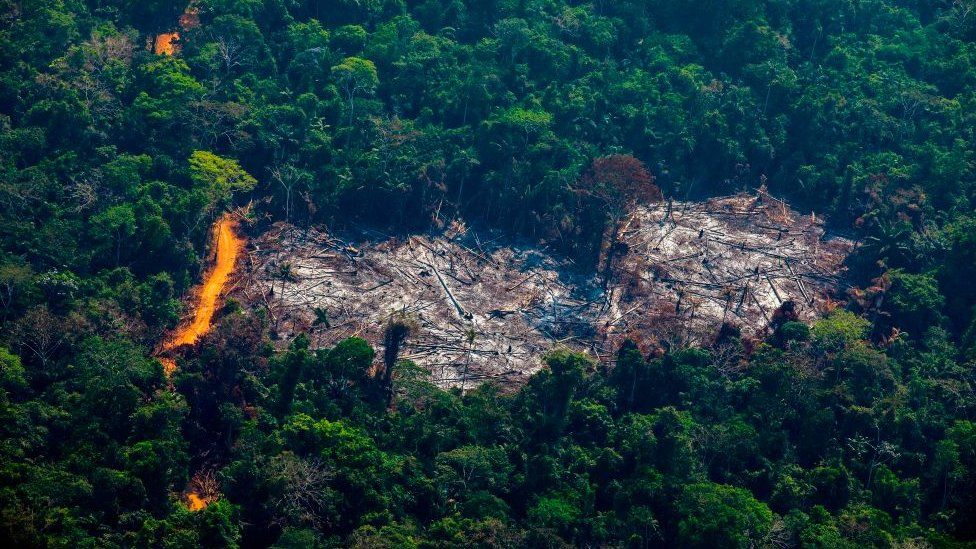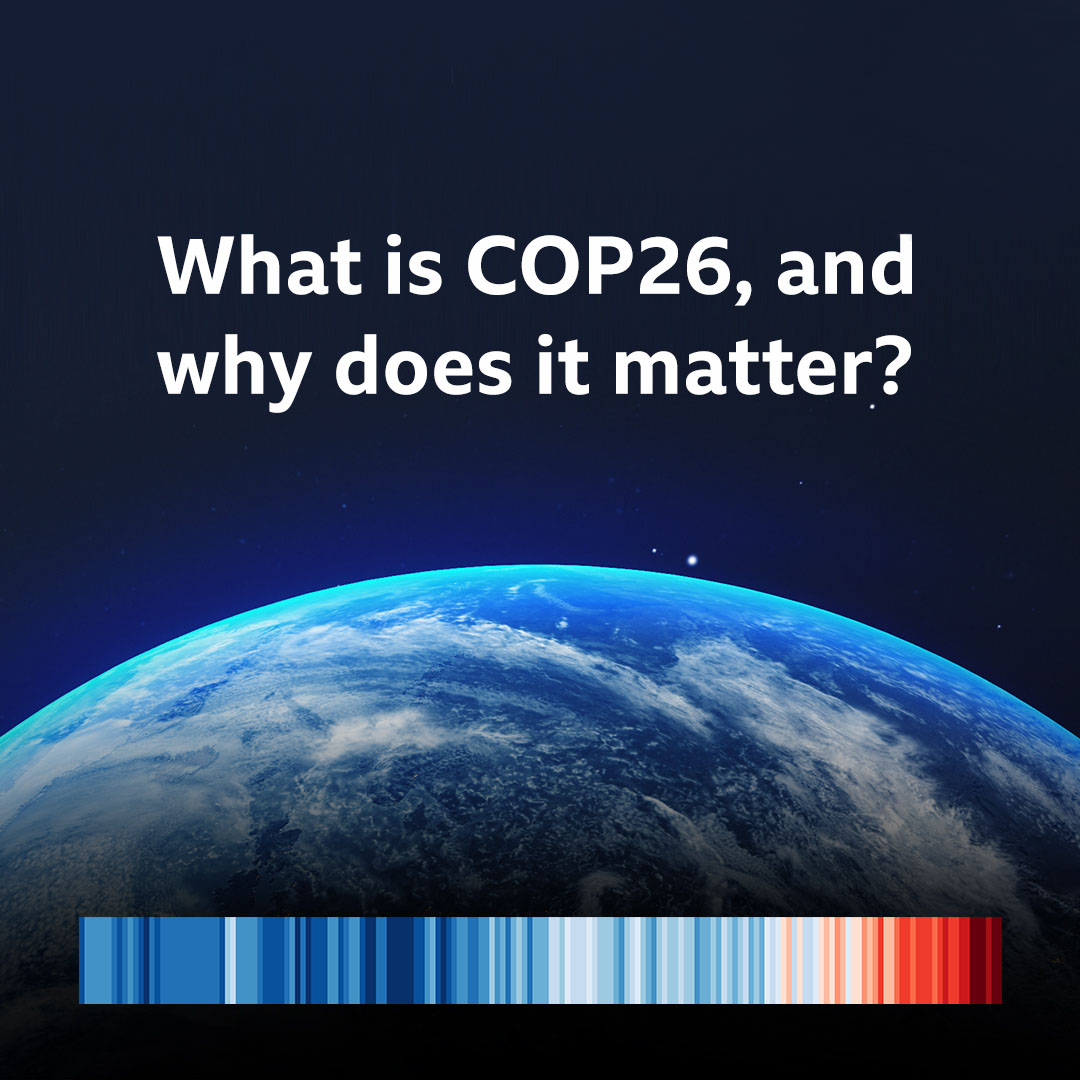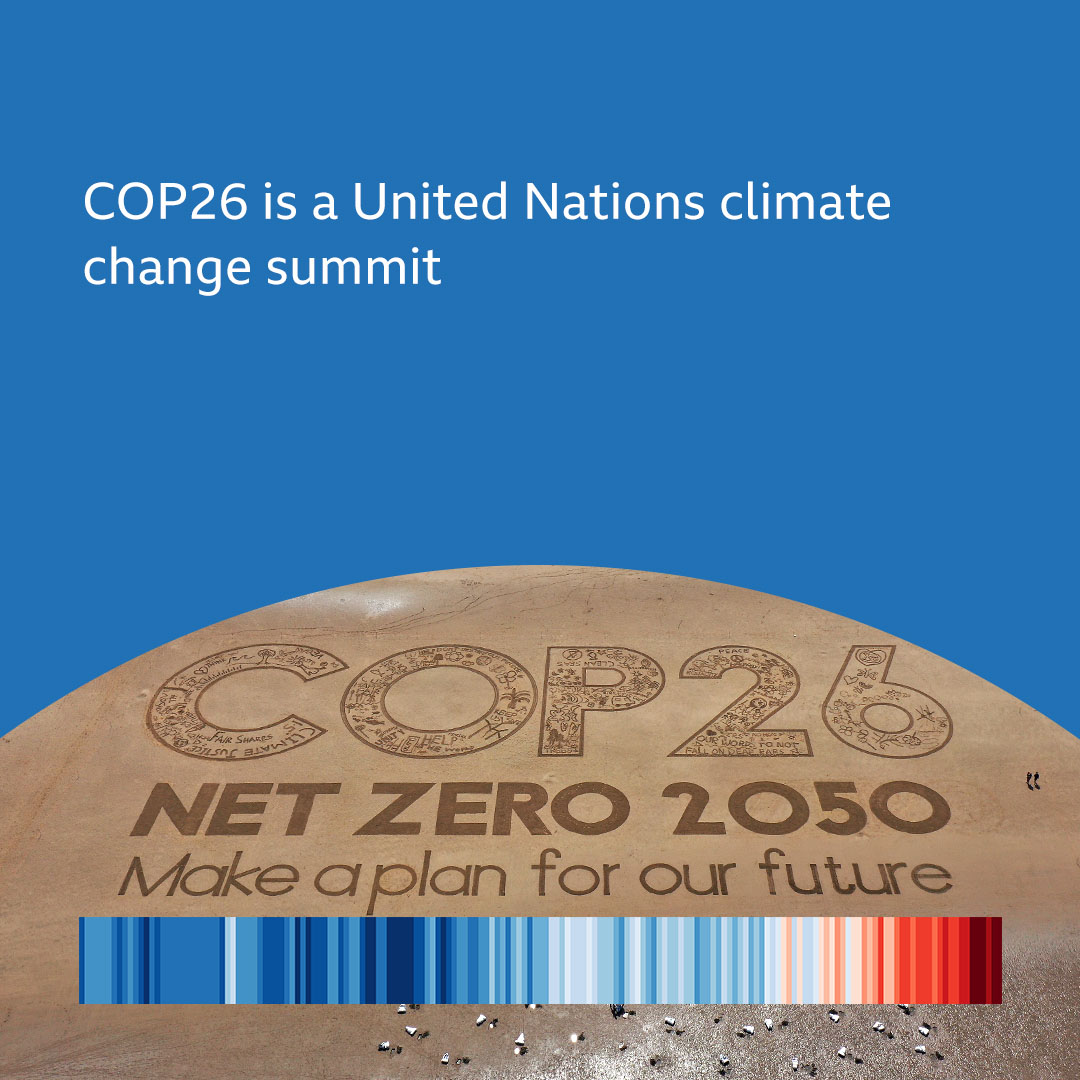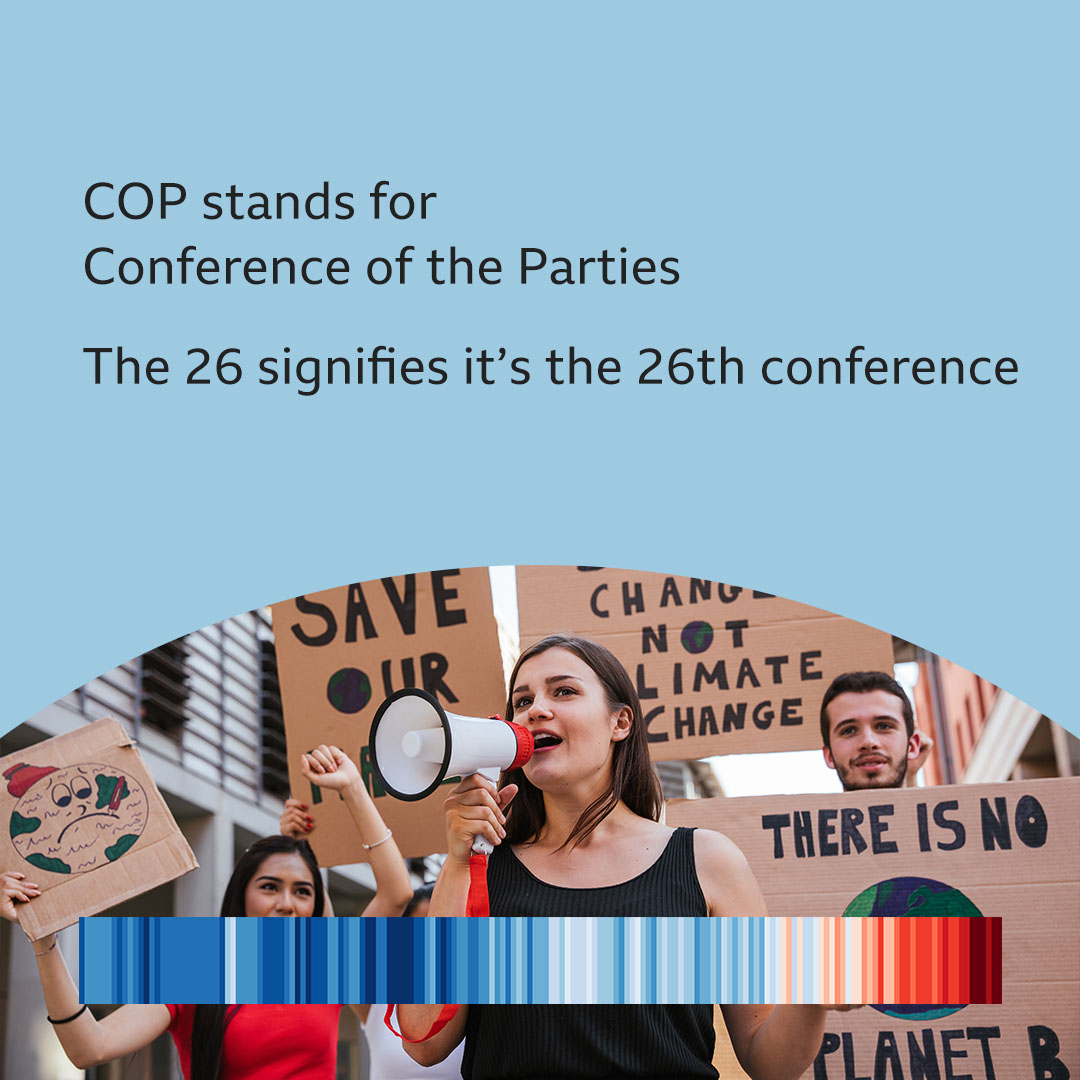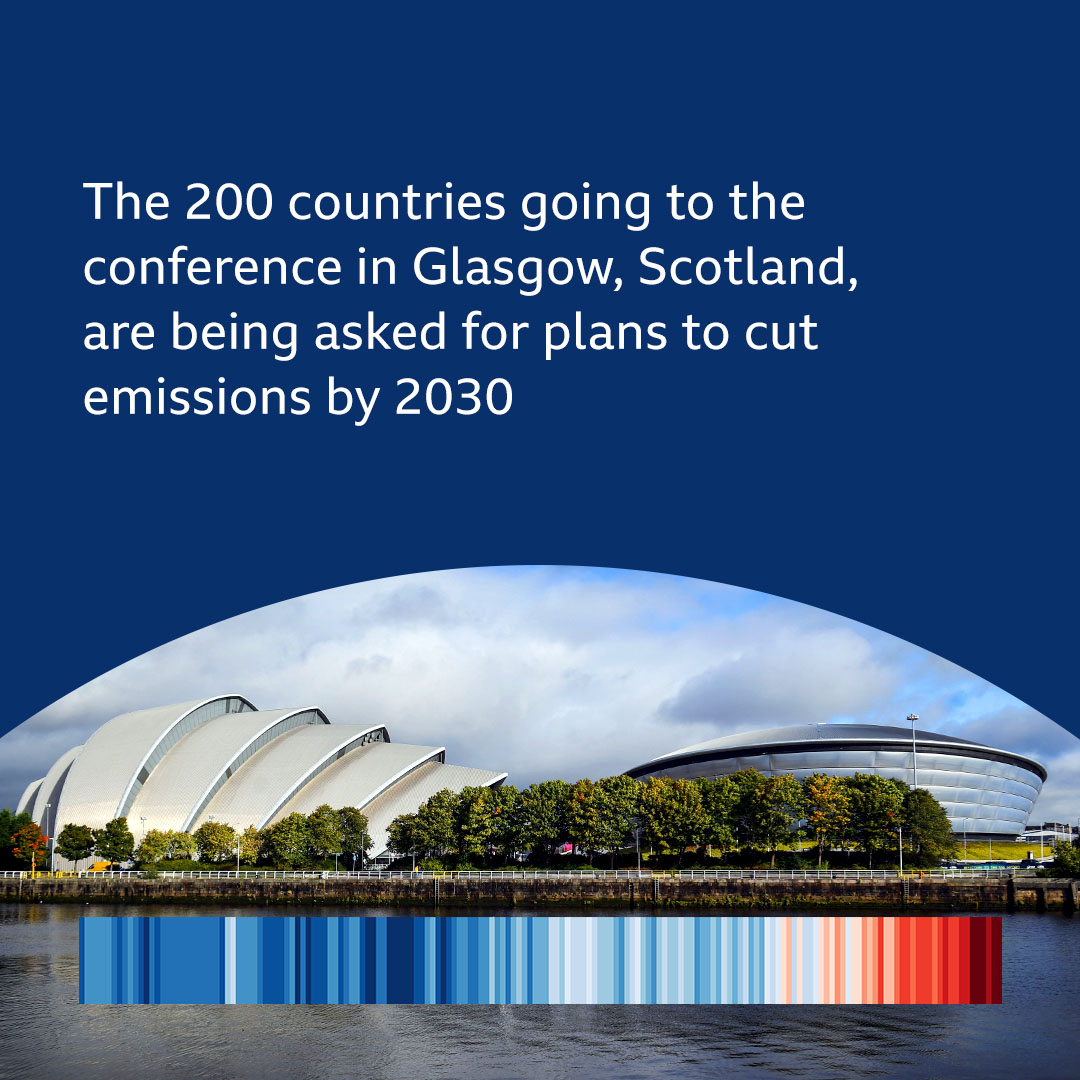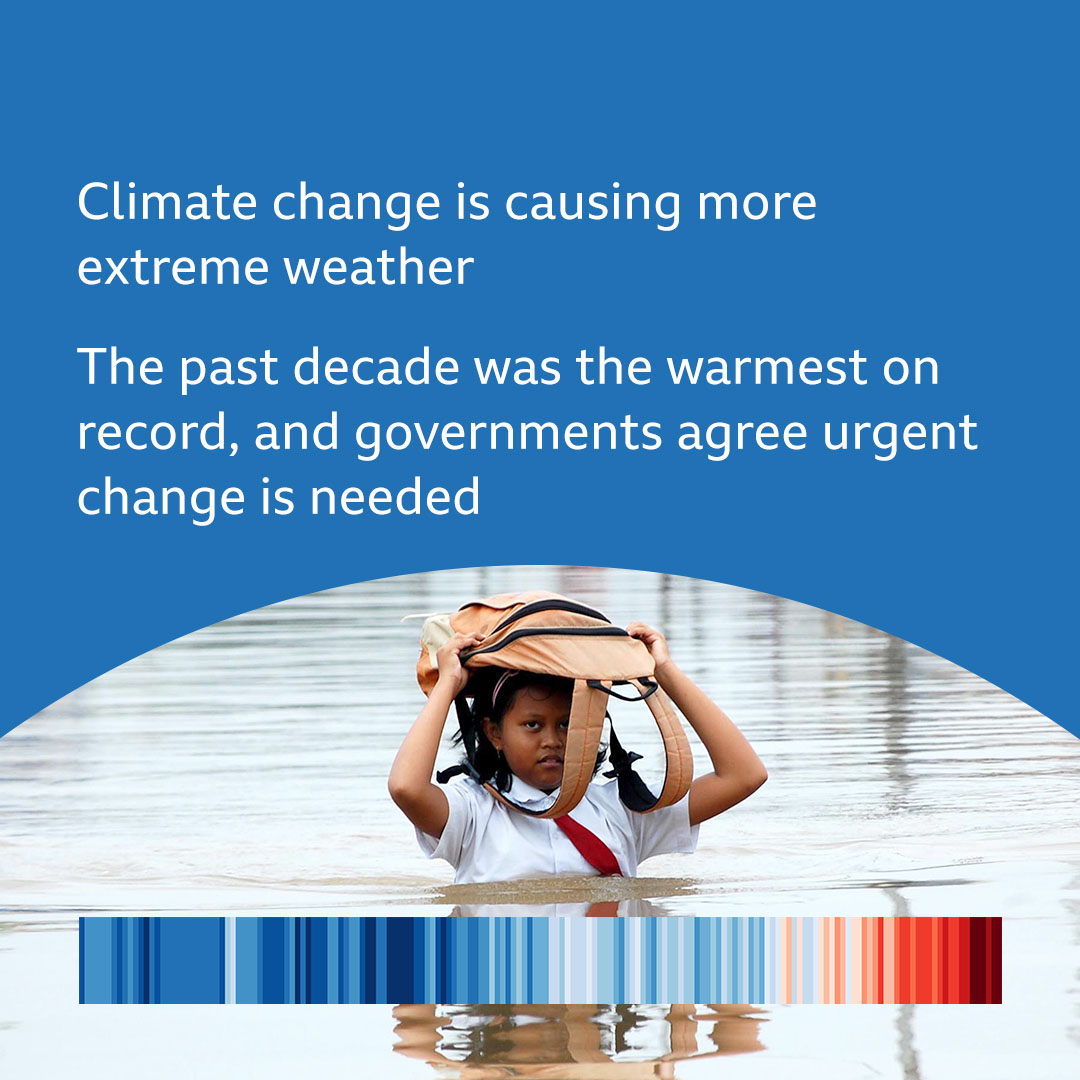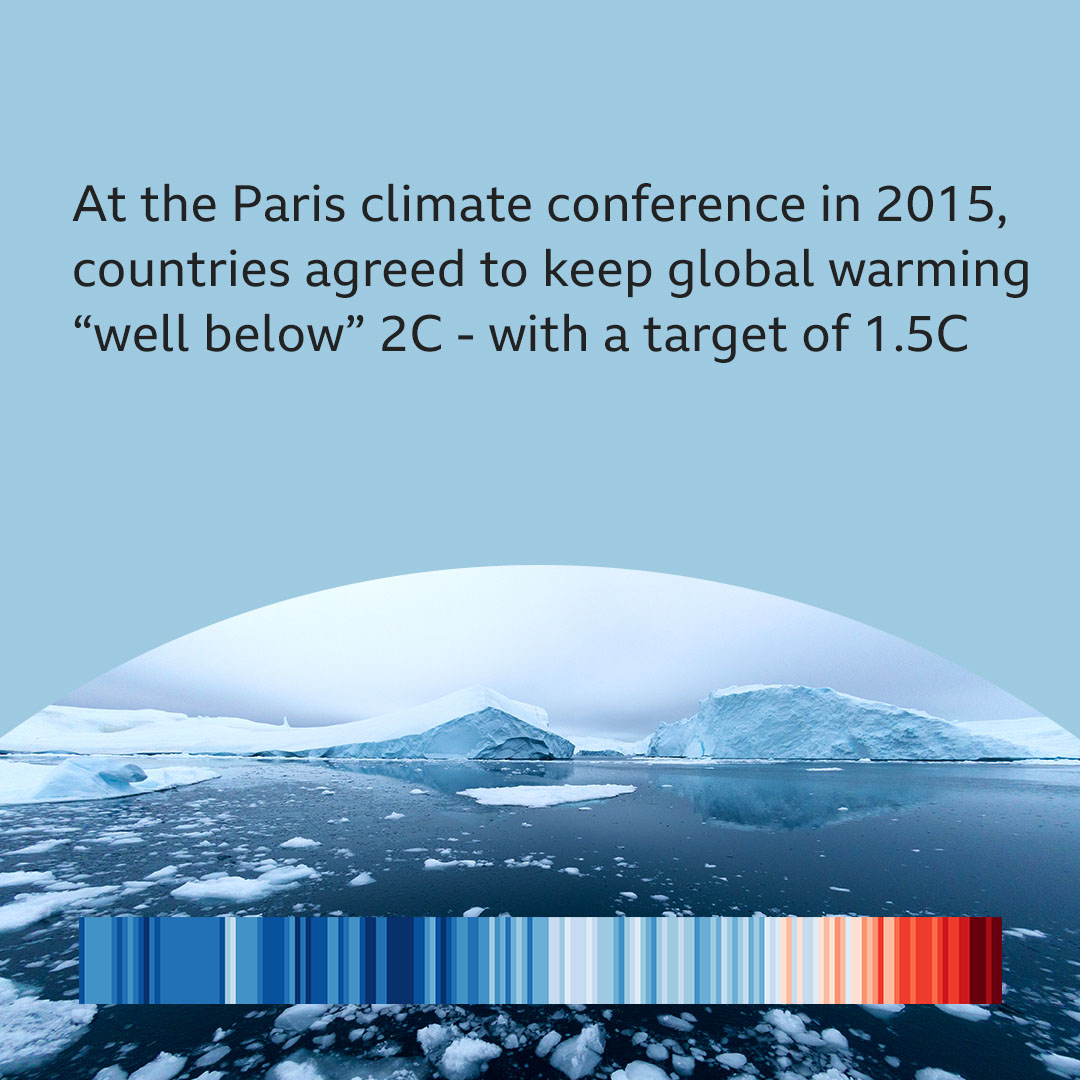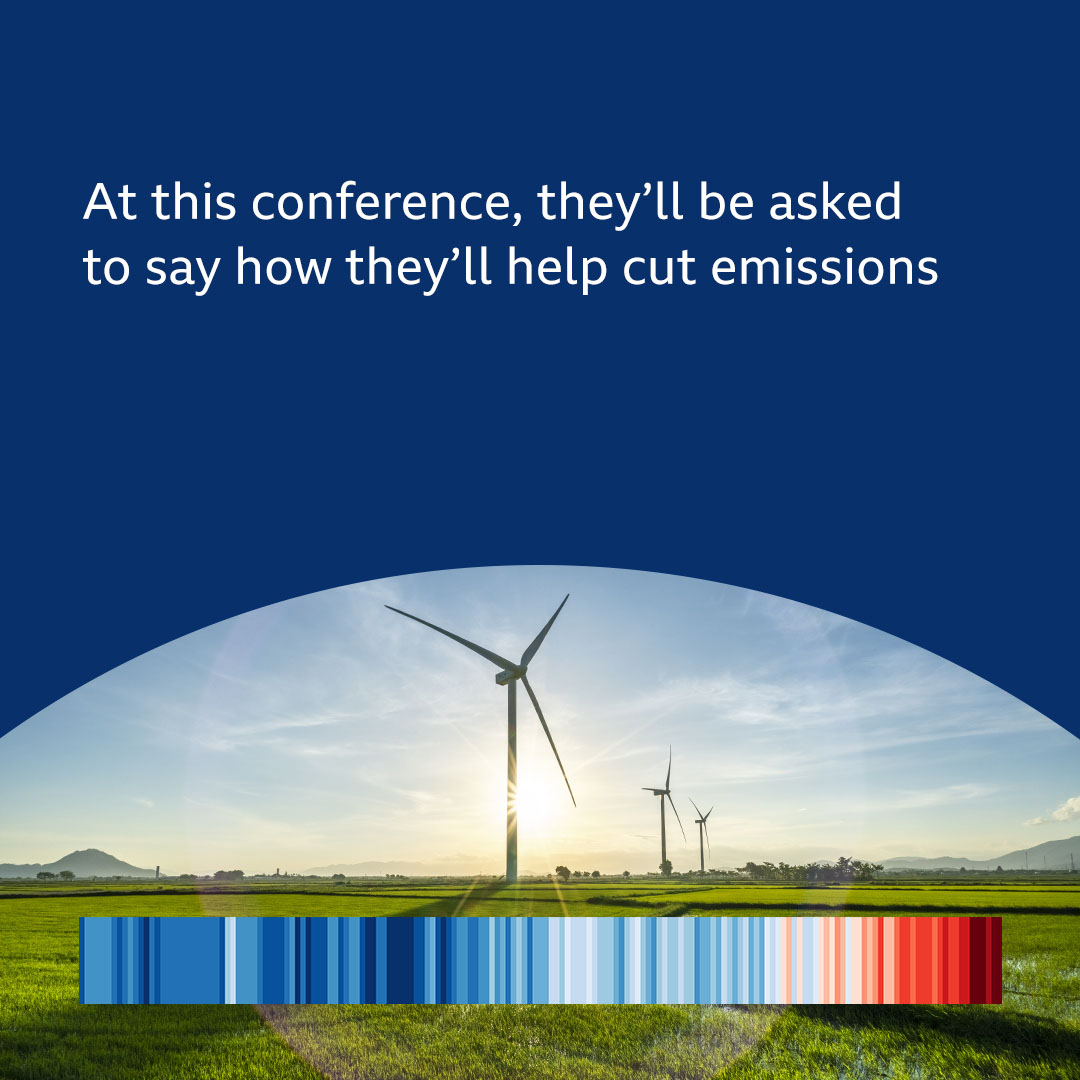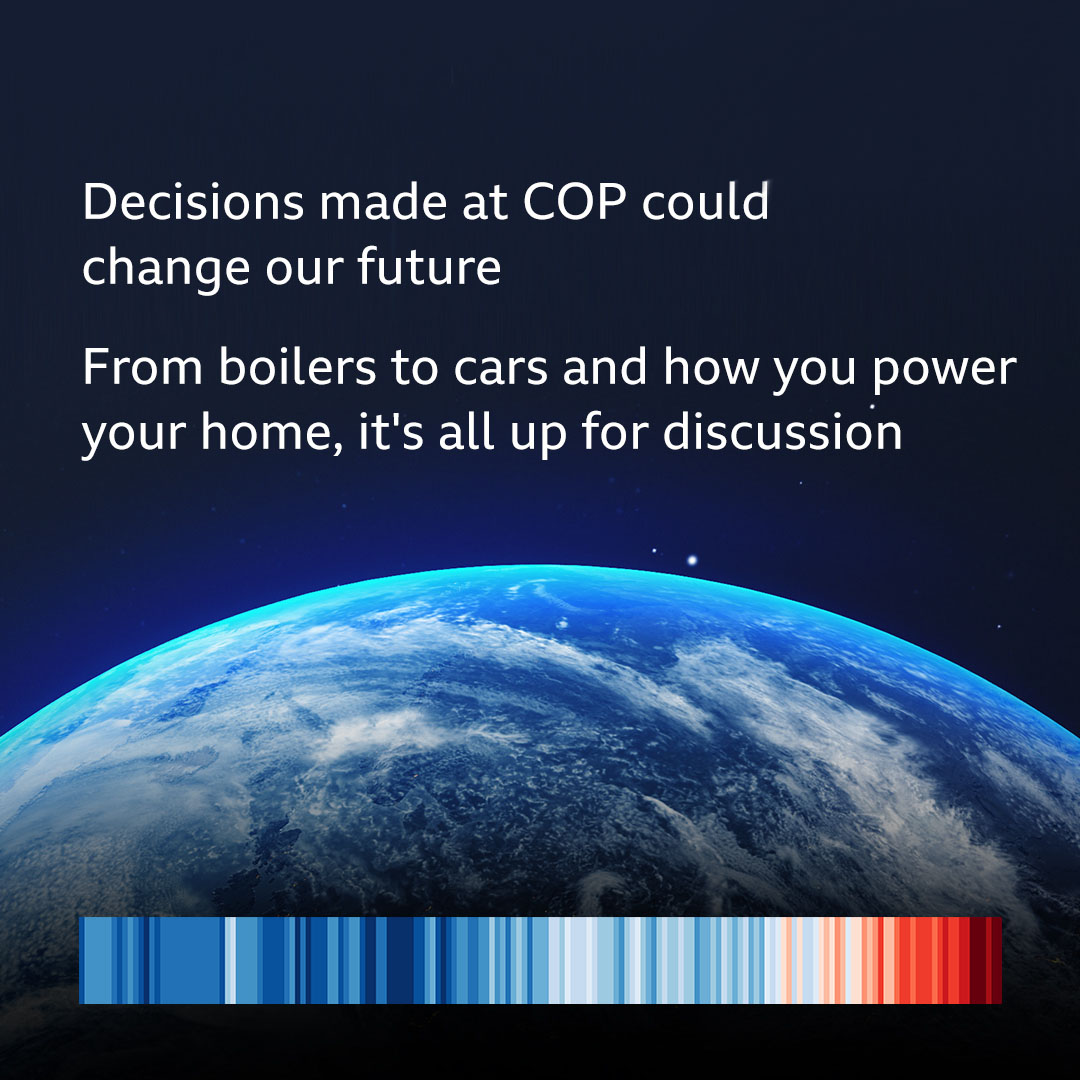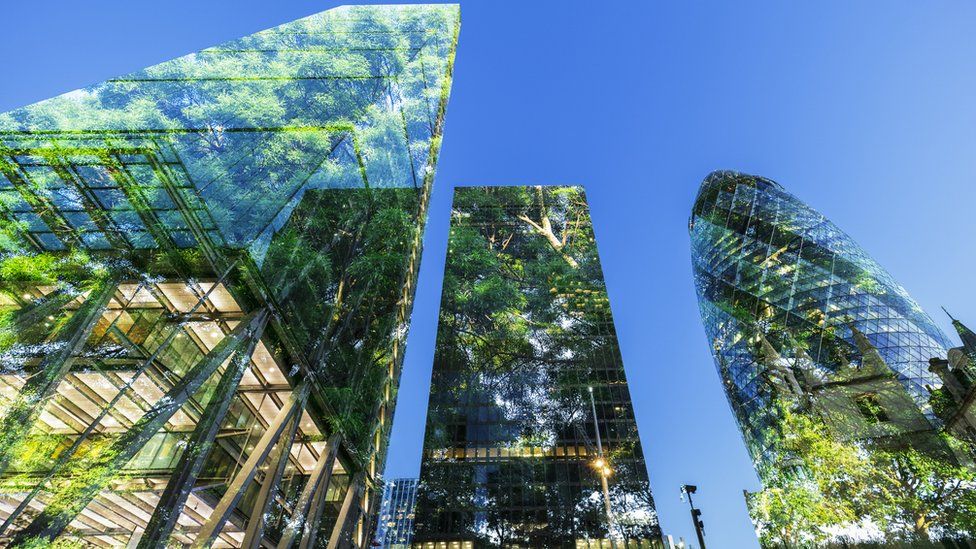
Most big UK firms and financial institutions will be forced to show how they intend to hit climate change targets under new Treasury rules.
They will have to detail how they will adapt to a low-carbon future in order to meet the UK's 2050 net-zero target.
But firms and their shareholders will be left to decide how their business adapts to this transition, including how they plan to decarbonise the emissions they finance.
Firms will publish the plans in 2023.
Plans will be submitted to a panel of experts in an effort to make sure they are more than just spin.
The plans will need to include targets to reduce greenhouse gas emissions, and the steps which firms plan to take to get there.
However, the government said there was "not yet a commonly agreed standard for what a good quality transition plan looks like".
Finance groups said the proposals would help them measure progress, but green groups said they did not go far enough.
Chancellor Rishi Sunak will outline plans to make the UK the world's first net-zero financial centre on Wednesday - as part of a day dedicated to finance at the COP26 climate conference in Glasgow.
In a speech, Mr Sunak will address an audience of finance ministers, central bank governors, heads of multilateral financial institutions and senior industry leaders from around the world.
He will say that 450 firms controlling 40% of global financial assets - equivalent to $130 trillion (£95tn) - have now aligned themselves to limit global warming to 1.5C above pre-industrial levels.
He will also say that progress has been made to "rewire the entire global financial system for net zero" under the UK's leadership of the conference.
The plans for businesses - financial institutions and listed companies - will require them to come up with net-zero transition plans, according to rules drawn up by a new Transition Plan Taskforce.
This will be made up of industry and academic leaders, regulators and civil society groups.
The Treasury said the taskforce would set a science-based "gold standard" for the plans in order to guard against so-called "greenwashing" - that is, environmental initiatives that are more about marketing than substance.
In 2015, developed countries promised to send $100bn to those that are less developed to help support their transition to net-zero.
That target has not yet been met, but Mr Sunak is expected to pledge that it will be achieved by 2023.


Kay Swinburne, vice-chairman of financial services at KPMG UK, said the announcement would provide the financial services industry with a "valuable set of unified metrics to measure progress towards decarbonisation".
"It is brave to put a gold standard in place for all companies raising funding," she added.
And Dr Ben Caldecott, director of the UK Centre for Greening Finance and Investment, said the plans would "spur demand for green finance and accelerate decarbonisation, not just in the UK but wherever UK firms do business".
But Shaun Spiers, executive director of environmental think tank Green Alliance, said while the plan was welcome it would not happen fast enough.
"Private sector investment is vital, but it will be much easier to achieve on the back of serious investment by the chancellor," he said.
David Barmes, senior economist at the campaign group Positive Money, said: "While it's positive to see financial institutions scaling up their green finance commitments, this announcement says nothing of the billions they're still pouring into environmentally harmful projects.
"We need public institutions rather than bank CEOs to lead the way in setting standards and delivering green investment.
"The public investment announced by the UK government so far is nowhere near enough to meet their climate targets, and we will need huge increases to ensure a green transition that is both timely and fair."


Follow the money to net zero. That is the plan unveiled today, with two-fifths of the world's financial assets, $130 trillion, under the management of banks, insurers and pension funds that have signed up to 2050 net-zero goals including limiting global warming to 1.5C.
This means that the giant laser beam of global finance will be fired towards technologies that lower and eradicate carbon emissions, and away from "brown holdings" of investments in coal, oil and gas.
But can such fundamental ecological, economic and social change really be achieved more through financial carrot than by regulatory stick? This position suits politicians who don't necessarily want to tell their voting public to consume or travel less than they are used to.
By changing the financial system, their hope is that the trajectory of every economic sector, from energy to transport, food to clothing, how we live, work and what we consume will decarbonise of their own accord.


- JOBS THAT COULD SAVE THE WORLD: Four people whose careers reduce our impact on the planet
- EDUCATORS OR ACTIVISTS?: What role should the media play in climate change?

https://news.google.com/__i/rss/rd/articles/CBMiLGh0dHBzOi8vd3d3LmJiYy5jby51ay9uZXdzL2J1c2luZXNzLTU5MTM2MjE00gEwaHR0cHM6Ly93d3cuYmJjLmNvLnVrL25ld3MvYnVzaW5lc3MtNTkxMzYyMTQuYW1w?oc=5
2021-11-02 23:42:36Z
CBMiLGh0dHBzOi8vd3d3LmJiYy5jby51ay9uZXdzL2J1c2luZXNzLTU5MTM2MjE00gEwaHR0cHM6Ly93d3cuYmJjLmNvLnVrL25ld3MvYnVzaW5lc3MtNTkxMzYyMTQuYW1w
